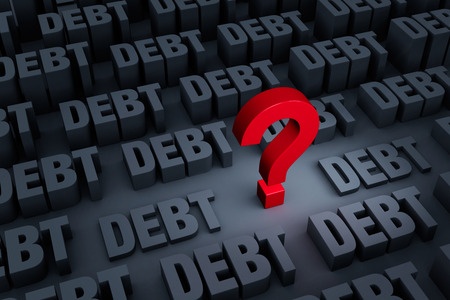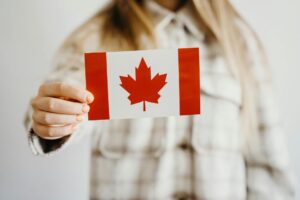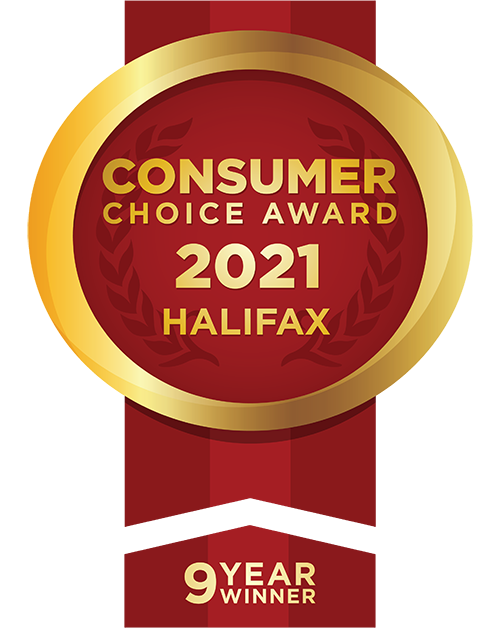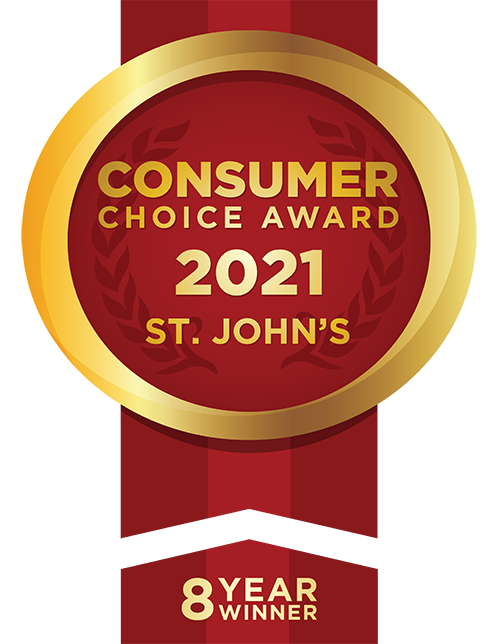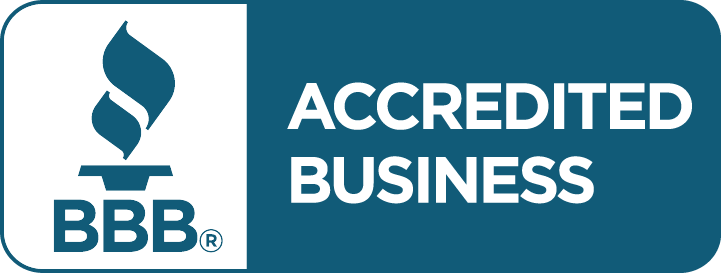Unsecured debt is any type of debt that is not protected by a guarantor or collateralized by an asset of the borrower. It means that the lender does not have any collateral or lien – a form of security granted over an item of property to secure the payment of a debt. If the borrower fails to pay, there is nothing to repossess and no way to recoup the funds.
On the flip side, secured debt is debt that is collateralized by something like property. For instance, a mortgage is considered a secured debt. You must pledge your house in order to obtain the mortgage. The collateral is secured to make sure the lender or creditor has a way to obtain his or her money if you do not pay. That is why a person who defaults on a mortgage might lose their house in order to repay the debt.
Unsecured loans are more risky to the lender because there is nothing to ensure that their loan is protected. This is why some loans are harder to get than others. If you’re applying for an unsecured loan, credit score and debt-to-income ratio requirements are usually stricter, and only made available to the most credible borrowers.
Furthermore, unsecured loans typically have higher interest rates.
A type of unsecured loan is a credit card. As the borrower, you promise the credit card lender when you sign the application that you will pay back the money borrowed through the credit card. If you do not pay, the lender does not have the power to take any pledged collateral because there is none.
Nonetheless, the lender has the ability to continue charging interest at rates of usually around 20%. Furthermore, if you continue to withhold payment, they can proceed through other channels to try and recoup their debt.
Types of Unsecured Debts
There are many types of unsecured debt, such as:
- Credit cards
- Many department store cards
- Utility bills
- Student loans
- Telephone bills
- Electric bills
- Medical bills
- Court judgments
- Personal loans
- Payday loans
How to pay off unsecured debt
The first step to paying off any kind of debt, secured or not, is to make a budget. A budget can help you determine how much money you have to pay towards your various debts. If you need help creating a budget, contact a certified credit counsellor for a free consultation.
Secondly, prioritize your payments. Pick the most expensive unsecured debts with the highest interest rates and pay them first. You can also try consolidating your debts into one loan or payment, making it easier to manage and pay off.
Next, you’ll want to negotiate with your creditors. Many unsecured creditors such as credit card companies will work with you to get a manageable payment or lower interest rate. Credit counsellors can also negotiate with creditors on your behalf once you’re on a debt management plan.
If you’ve tried all of the above, and you’re still stuck, contact a credit counsellor. A counsellor will do the hard work of negotiating, prioritizing and devising a plan for you to pay off your debts. The counsellor will look over your debts to determine which are not secured by any type of credit. Contact Credit Counselling Services of Atlantic Canada for more information about types of debt and how you can find relief.

